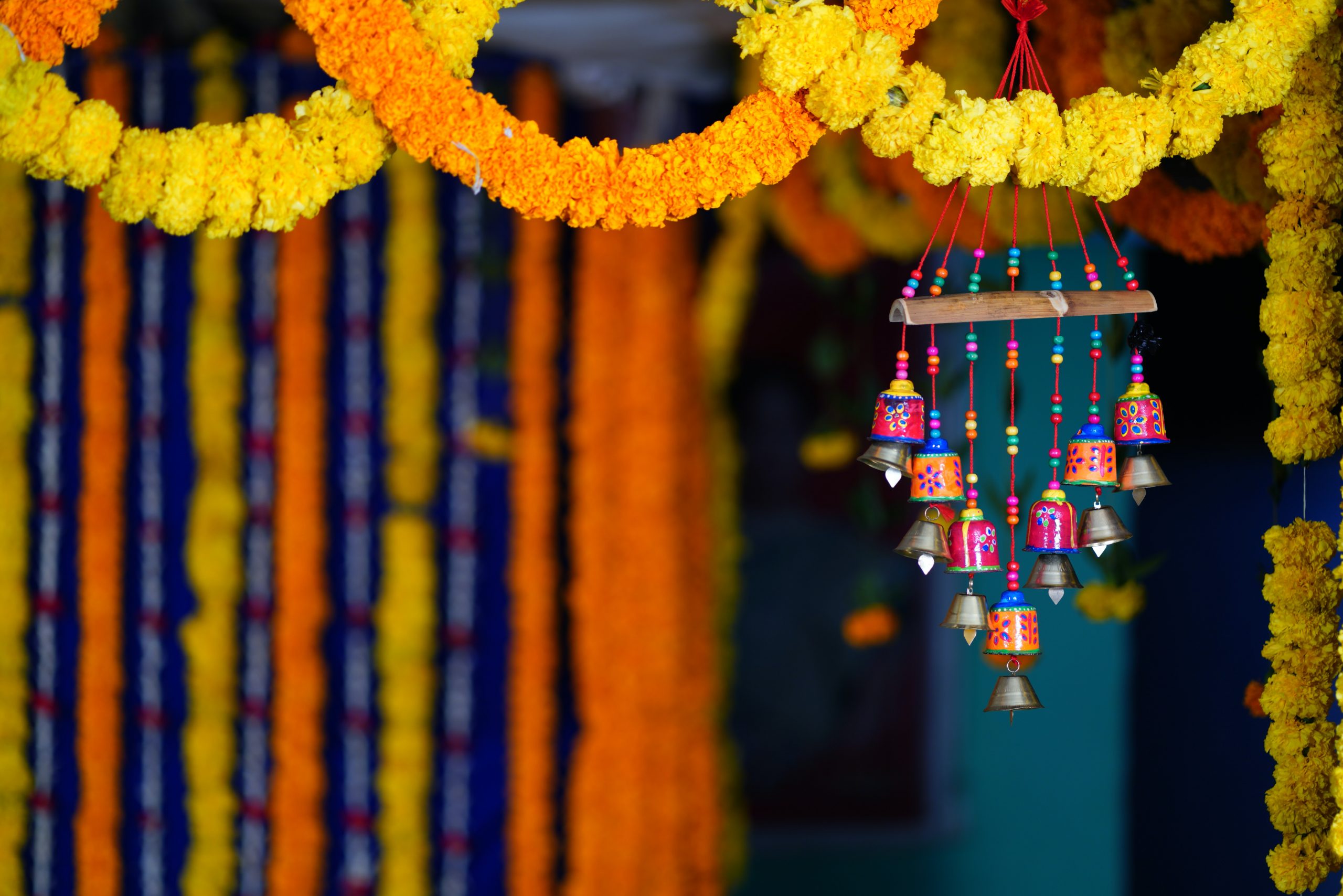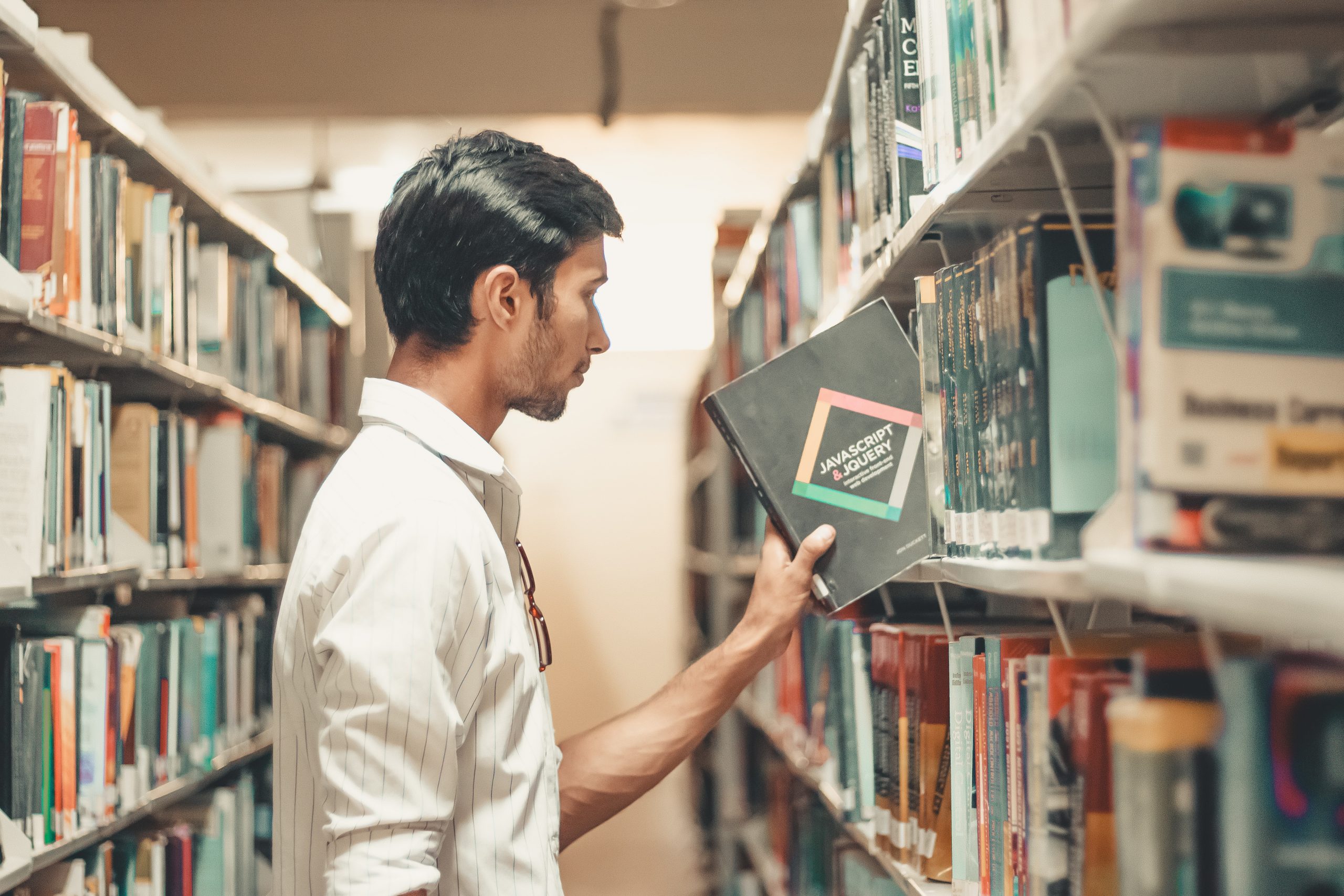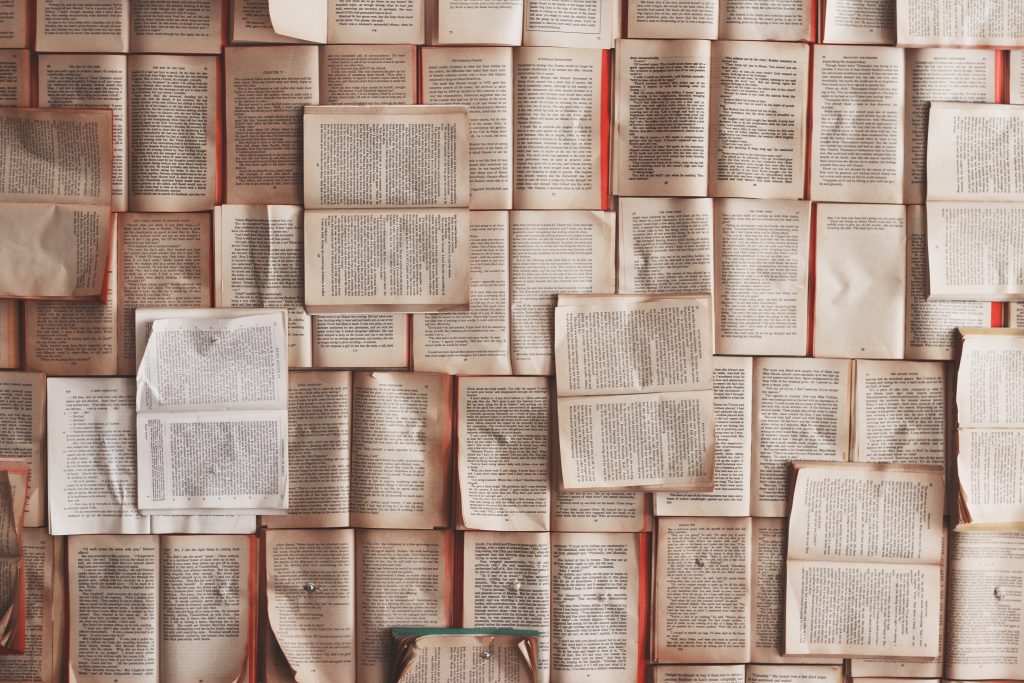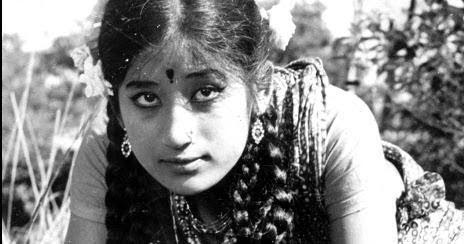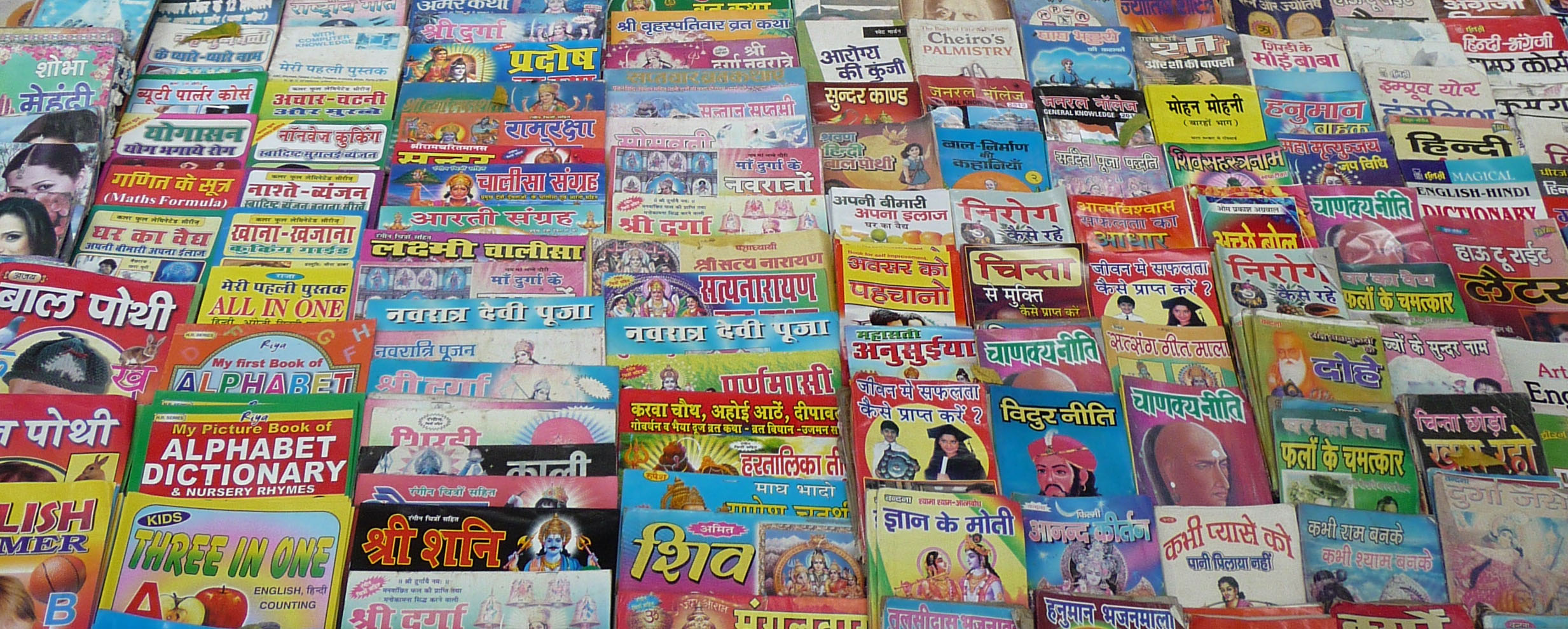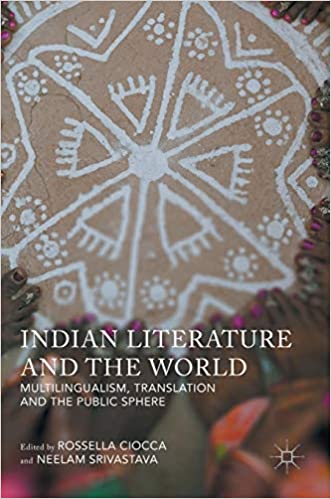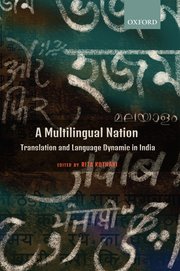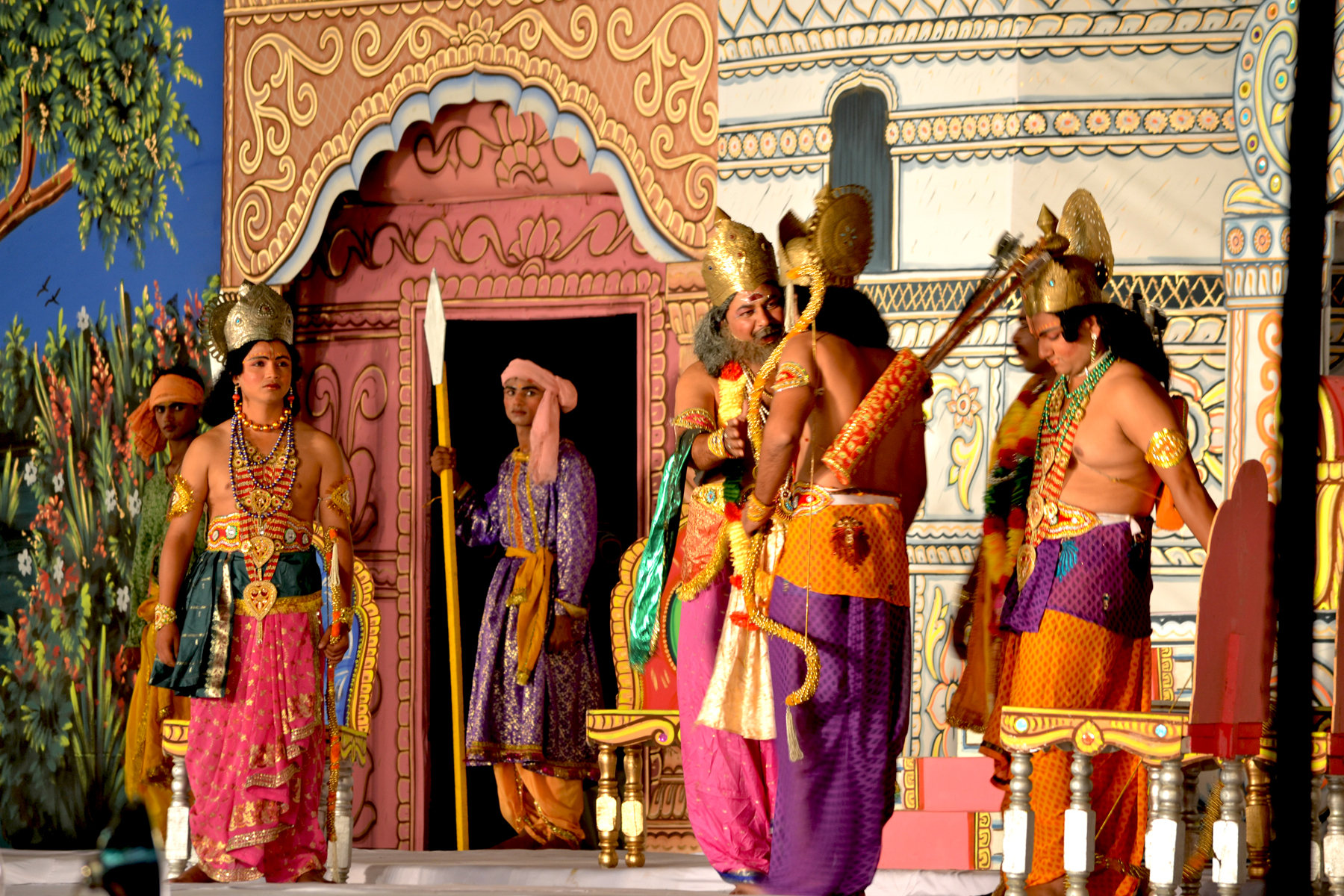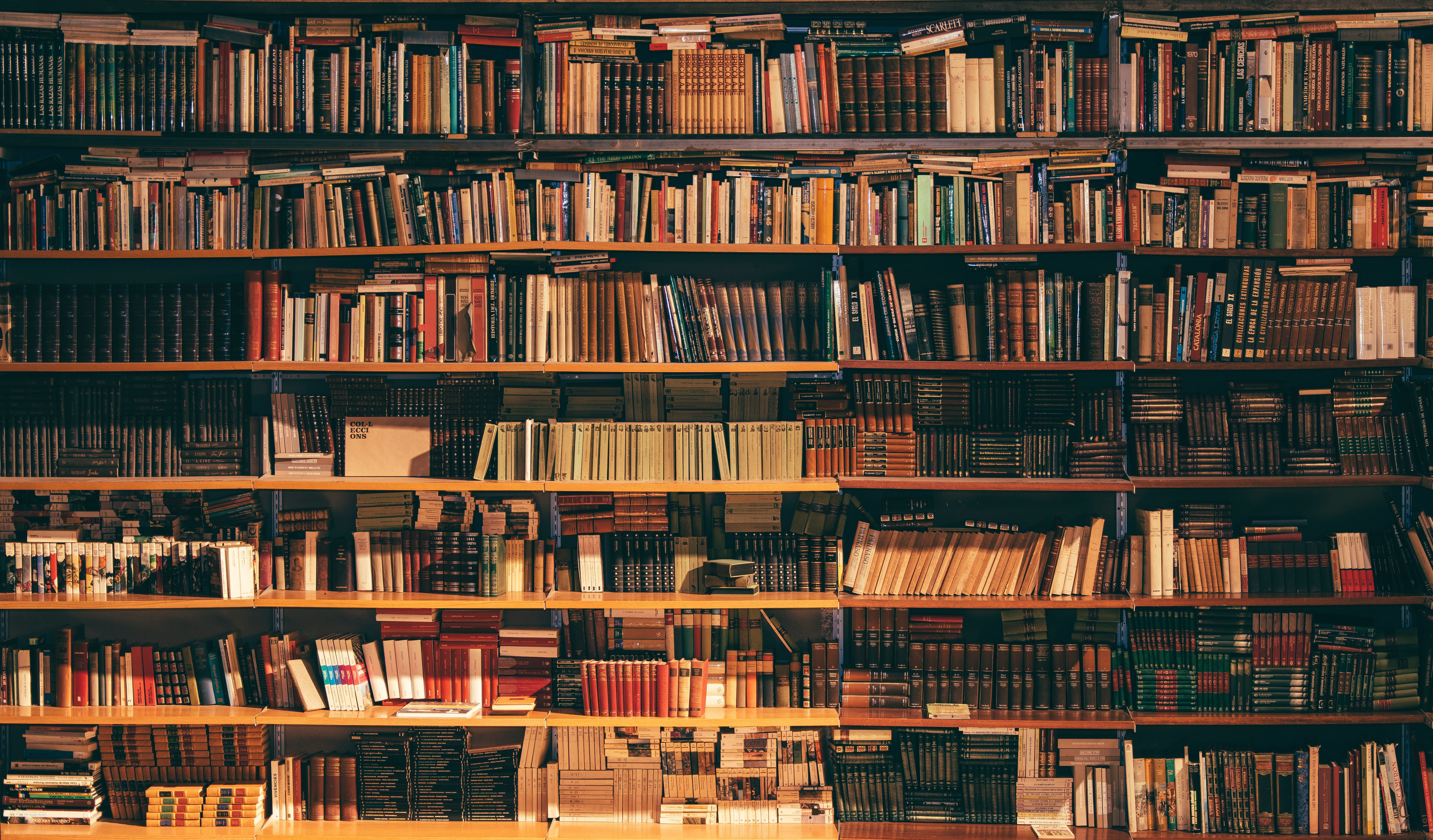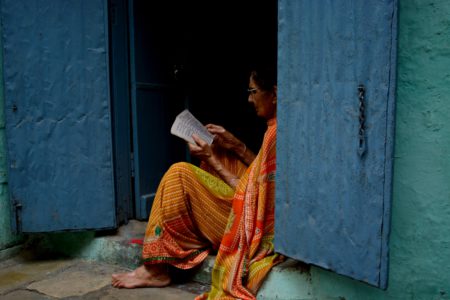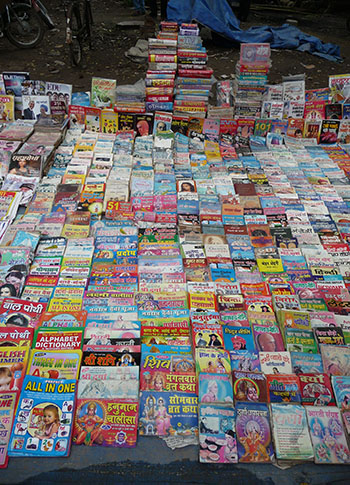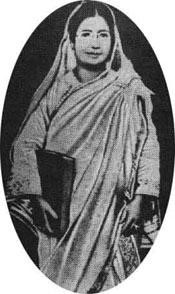.
North India had been a major participant in the Persian cosmopolis; the older parallel expansion and cultivation of literary production in Persian and various forms of the vernacular (in multiple scripts) persisted even as in the 19th century English gradually imposed itself as the new High language and as the model of literary modernity, and Hindi and Urdu codified their own historical narratives in competition with each other. Persian literature was subsequently marginalised and the old Persian-Hindi diglossia disavowed. Despite persistent low literacy, from the 1860s publishers in north India were multilingual and active in South Asia and beyond, and a heterogeneous print culture developed consisting of joint journal-and-book-publishers, theatre chapbooks and songbooks. The English colonial library also had a large lucrative market here, and early global writers like Kipling made north India part of the “significant geography” of English literature.
The MULOSIGE Readings from North India privilege the short story, translations and literary debates on world literature in Hindi, Urdu, and English journals; “readerly contacts” with English and other foreign and Indian literatures and transculturations; and on the inclusion/exclusion of orature from literary canons.
MULOSIGE also provides extensive translations of Progressive and Modernist Urdu Poetry, as well as translated Urdu Perspectives on World Literature.
Being Human
In this podcast, Dr Vayu Naidu discusses the MULOSIGE project with Professor Francesca Orsini, Itzea Goikolea-Amiano and Jack Clift. As part of the Being Human festival, Dr Vayu Naidu gives a storytelling workshop at the N4 Library and discusses how multiple languages, improvisation and music can create fascinating new paths for stories and literature to travel across the world.
Postcolonial Print Cultures Conference Report
The Postcolonial Print Cultures Conference was convened at SOAS University of London on the 11-12th January 2019. The methodological conditions behind the conference are to consider the historical moment of the Cold War in ways other than by splitting the world into two spheres.
Postcolonial Print Cultures Conference: “How do we stop being somebody else’s image?”
Laetitia Zecchini discusses the politics of literary translation and publication, particularly surrounding the journal Quest funded by the International Council for Cultural Freedom, itself backed by the CIA. She examined the editor Nissim Ezekiel’s own positions and motivations, noting that for him Quest’s purpose was the create the conditions in which the magazine would provide the freedom to debate, argue, and hold different theoretical positions, creating a space of cultural independence which could in turn realise political independence.
Postcolonial Print Cultures Conference: Hindi literary activism in the 1950s
Professor Francesca Orsini (SOAS), examines the production and re-production of short stories in Hindi literary magazines in the 1950s, offering a case study of the Hindi magazine Kahani (Short Story, 1954). She argues that world literature can only be envisioned and produced through local views, rather than under one overarching banner of what constitutes “world literature.” Her talk highlights the medium of the magazine as a site of non-state literary activism that placed readers and young writers at the center, the preference for the story as opposed to the novel, and the multilingual knowledge that animated reading practices, even when publication occurred in a single language (Hindi).
What’s in a Name? On Afghanistan’s Fraught Persian Language Politics
Ronah Baha discusses the politics of the BBC's decision to name their BBC Afghanistan page 'BBC Dari', focusing on the rich diversity of Persian literary and civilisational linguistic histories.
Sultana’s Dream: An alternative view of colonial Bengal.
Sinjini Chatterjee discusses the portrayal of a female utopia in Rokeya Hossain's Engish language short story, "Sultana's Dream".


